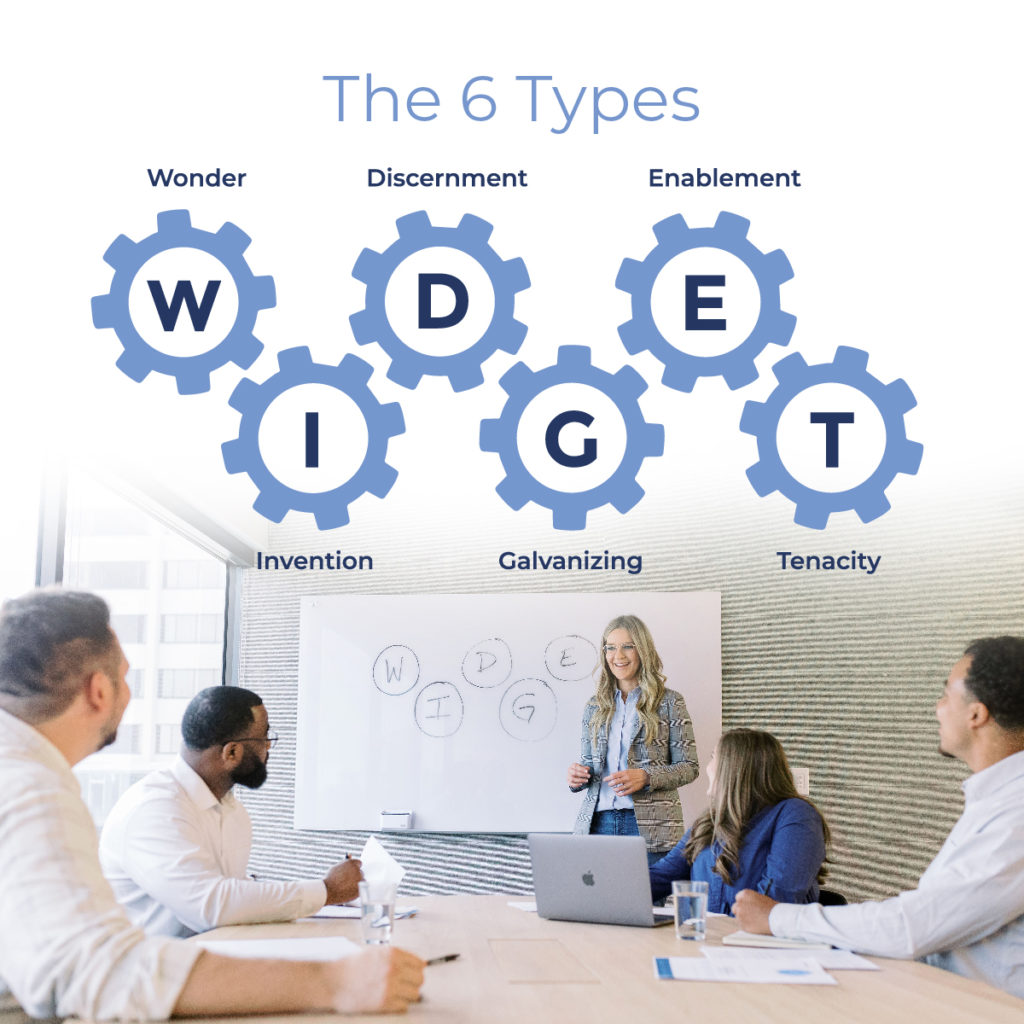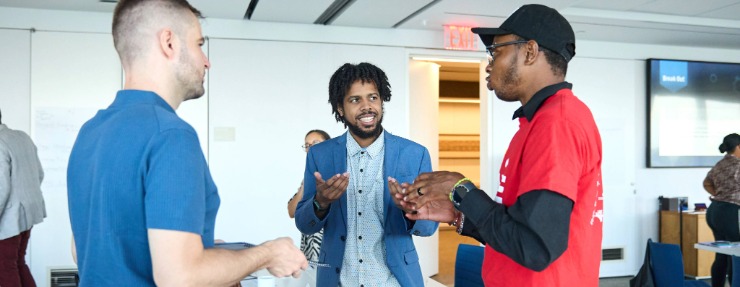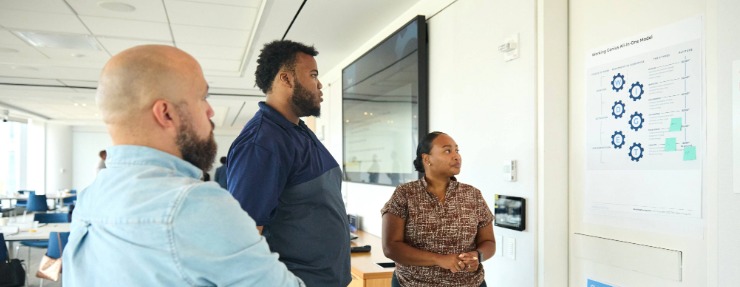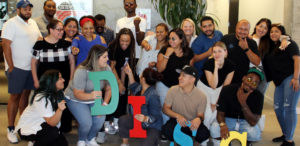What do busy teams do when they’re running full speed ahead—only to be brought up short by self-imposed barriers to their team productivity? Ideally, they pause, review their teamwork model, and implement a framework like the Six Types of Working Genius to get back on track. Let’s explore how one team did just that.
NYC Team Productivity: A Real-World Story
Just outside New York City, a family-owned construction company was ready to scale. They had three key strengths:
- Visionary designers creating ideal products and solutions
- Charismatic sales leaders with a winning process
- Skilled installers delivering white-glove service
But despite these strengths, they faced a recurring challenge that hindered their team productivity.
The Persistent Challenge to Team Productivity
Jonathan, a seasoned installer with many years of experience, noticed a pattern that significantly affected team productivity: His crew often arrived on-site without the correct materials. These delays frustrated both the team and clients, damaging morale and profitability.
Why was this happening?
Jonathan enjoyed finding solutions, and he realized that their talented design team was exceptional at ideation, the process of producing creative and effective designs.
Meanwhile, the dedicated installation crew excelled at the implementation of those plans.
However, the entire team was missing a crucial middle stage of their overall project management.
Bridging the Teamwork Model Gap
Inspired by Patrick Lencioni’s project management insights about bringing projects from the idea stage to final completion, Jonathan had a light bulb moment—
This middle stage of the project process, described by Lencioni as the Activation Stage, was the missing component in his NYC team’s process!
Six Types of Working Genius: Unleashing the Potential of Your Team
Patrick Lencioni, a well-known author and leadership expert, introduced the Six Types of Working Genius model to help us better understand how teams perform.
This model helps teams recognize and utilize each member’s individual strengths for overall team success. And a team that actively incorporates all six types of working genius works together like a well-oiled machine.

A Practical Solution: Activation Meetings
According to Lencioni, the activation stage of project management involves two primary components: Discernment and galvanizing.
In reality, the office team needed to collaborate with the field crew supervisor before the installers constructed a project.
Jonathan’s team eventually instituted Activation Meetings for each project, which occurred prior to sending the installers into the field. These meetings included the following:
- Joint plan reviews with the designers and installers in the same room together
- Verification of materials lists and orders
- Noticing and solving real and potential issues collaboratively
The team also needed someone to galvanize the installers, giving them the bigger picture for the project, getting them excited about the tasks ahead, and adequately preparing them for the work.
Sharing the activation meeting outcomes during the weekly installer huddles boosted morale and helped bridge the gap in their teamwork model.
The 6 Types of Working Genius
Wonder
The Genius of Wonder shows up as curiosity about how the world could look different. Those with this genius are comfortable processing new ideas and asking probing questions in the pursuit of finding innovative opportunities.
Invention
The Genius of Invention takes the form of creativity and problem-solving. Inventors enjoy generating innovative ideas and solutions. These outside-of-the-box thinkers and their “Eureka!” solutions are often labeled as the genius that drives progress to new heights.
Discernment
The Genius of Discernment involves making sound judgment calls based on pattern recognition and integrative thinking. Discerners quickly determine the merits of an idea or situation and suggest design improvements. Their insights are essential to pushing the best ideas forward to the next stage.
Galvanizing
The Genius of Galvanizing is about inspiring others to take action. Galvanizers use their gift of persuasion to effectively communicate the team’s exciting new plans. They excel at allocating resources, creating timelines, and keeping the team on task. Their energy builds momentum and motivation for the team.
Enablement
The Genius of Enablement is characterized by encouraging the team and meeting the practical needs of the project. Enablers are service-oriented, and they genuinely enjoy coming alongside projects and checking off the to-do list. They model consistent teamwork, and their support binds the team together.
Tenacity
The Genius of Tenacity is defined by consistent results and high standards. Those with this genius focus on seeing projects through to completion. Their perseverance helps the team achieve goals efficiently and effectively despite obstacles.

Want to improve your team’s productivity?
Explore how our Working Genius workshops can help you build a high-performing teamwork model that leverages every team member’s strengths. Chat with Matt.
Applying the Geniuses to Team Productivity
What are some of the team productivity benefits of having all six working genius types on a team and using those geniuses to cover the three stages of work?
Ideation | Wonder + Invention = Innovation and Creativity:
Ensures a constant flow of fresh ideas and innovative solutions.
Activation | Discernment + Galvanizing = Decisions and Motivation:
Ideas are carefully analyzed and refined, and the team is inspired to act efficiently on the making the best ideas a reality.
Implementation | Enablement + Tenacity = Support and Persistence:
Fosters an efficient, collaborative environment that supports the end goal with necessary resources and assistance.
In Jonathan’s story, the Activation aspect is missing from the team’s processes.




Pingback: Team Productivity Unlocked: Refining Your Teamwork Model, Part 2 - Team Verve